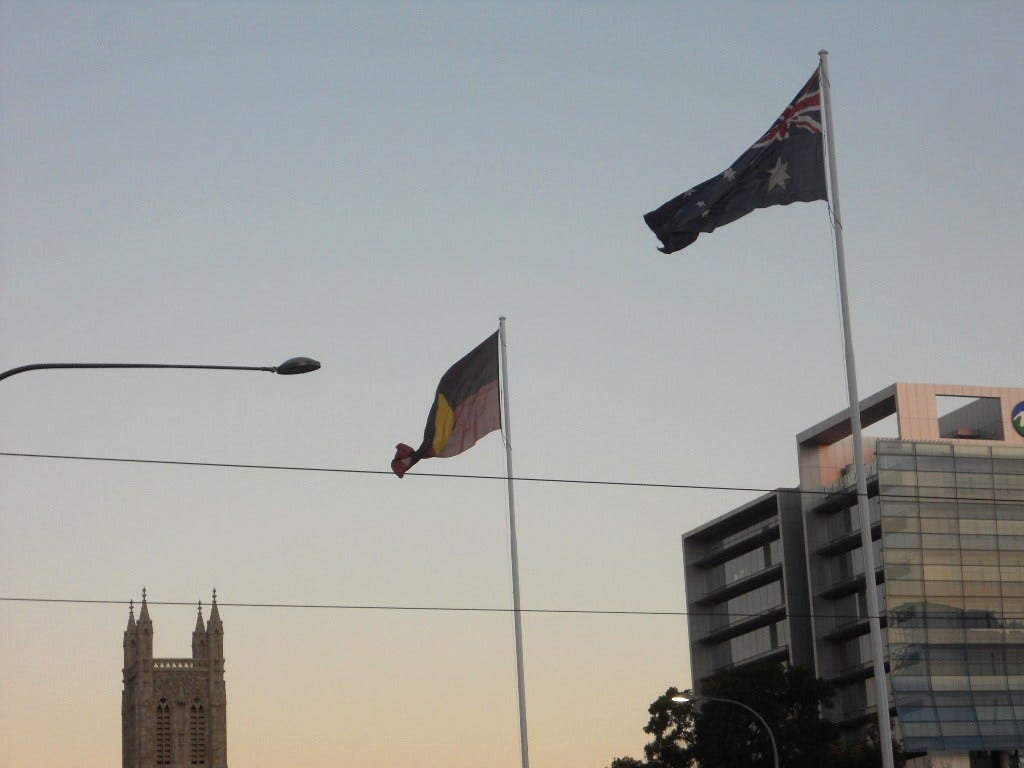Victoria looks to trial Aboriginal community controlled prison healthcare
Based on a successful trial in Canberra, the Victorian government has revealed it is hoping to bring an Aboriginal community controlled health organisation directly inside a prison.
The Victorian government is on the verge of announcing a trial involving the Victorian Aboriginal Community Controlled Health Organisation (VACCHO) providing healthcare directly to First Nations people in a prison in the state.
A similar trial has been in place in the ACT since 2019, with the Winnunga Nimmityjah Health and Community Services providing a standalone prison health service at the territory’s only prison, the Alexander Maconochie Centre.
The service provides nurses every day, an Aboriginal cultural support officer, GPs five afternoons a week, a clinical psychologist one day per week and an optometrist once a month.
It is currently one of the only Aboriginal Community Controlled Health Organisations operating within an Australian prison to provide culturally-appropriate healthcare to First Nations people in prison.
In an answer in Parliament recently, Victorian Minister for Corrections Enver Erdogan said that he had had a number of discussions with VACCHO chief executive Aunty Jill Gallagher on establishing such a trial in a Victorian men’s prison.
“I do not have an announcement to make, but she has proposed a pilot at one of our correctional facilities,” Erdogan said.
“We are very close to having something. I am very hopeful of next year having something in our adult system - maybe at one of our men’s prisons, that being a larger cohort in custody. So there is work being done. I do not have an announcement today, but I will shortly.
“I am advocating for greater resources, especially to trial a pilot forst to see what kind of model it will be, because as I know Aboriginal Community Controlled Organisations themselves will say, whether it is the primary care or an additional level of care in a culturally appropriate manner, we need to trial that.”
Erdogan also said that he would soon be visiting the ACT to see the healthcare model as part of the trial in the Canberra prison.
‘Commitments appear to end at the prison gates’
There have been numerous reports recently revealing how the provision of healthcare in prisons is failing First Nations people and putting their lives at risk.
The Victorian Ombudsman found earlier this year that a number of gaps in the current system are putting First Nations people in prison at risk.
“Over the years, the Australian and Victorian governments have made many commitments to Aboriginal peoples’ self-determination, consultation and evidence-based health policy - however, these commitments appear to end at the prison gates,” Victorian Ombudsman Deborah Glass said in the report.
“This investigation found a system that is failing to meet the needs of Aboriginal people in prison. Some of the things we heard were deeply confronting and distressing. For the sake of our over-incarcerated First Peoples, I can only hope this report finally provides the spur for change.”
An independent review of the healthcare provided to First Nations people in adult prisons and youth detention centres is currently sitting on the federal government’s desk after it was completed midway through this year.
The federal Department of Health contracted consulting firm Nous to undertake the review looking into the systemic reform needed to improve the healthcare offered to First Nations people in prison in November last year.
It was looking at “barriers to culturally safe healthcare for First Nations people in prison and opportunities for systemic reform”.
The final report from the review was completed mid-this year and handed to the federal government. The report is yet to be made public.



